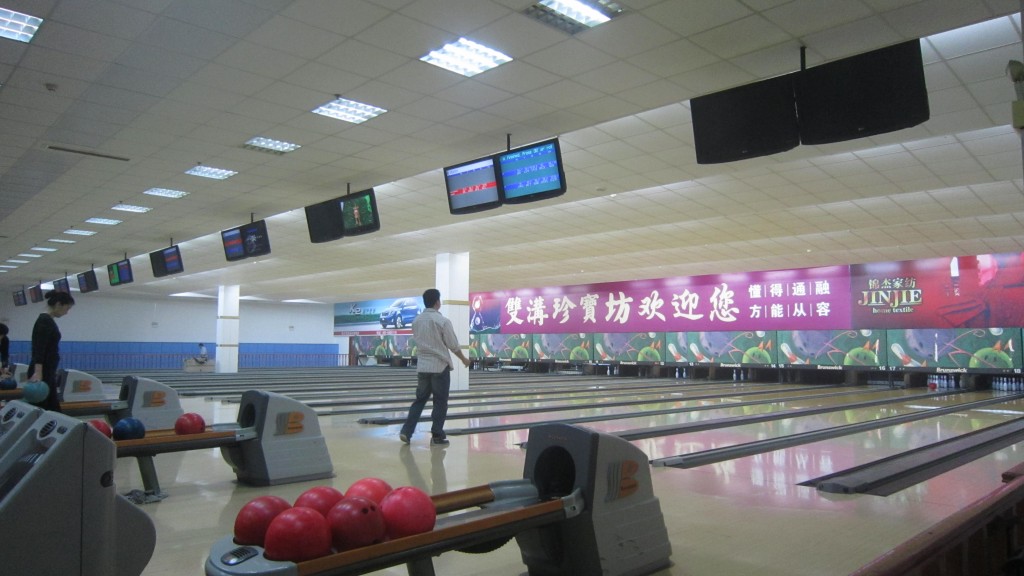Morality is a hotly debated political and social topic in present-day China. Tongues click and heads shake as increasing materialism is blamed for what is perceived and openly described as low social mores. I remember my Chinese tutor in Nanjing last year was never shy in lamenting against what she saw as rising selfishness in Chinese society.
The very popular dating show, “You are the One” (非诚勿扰fei cheng wu rao), had a widely talked about episode where a Harvard Grad declined to choose any of the female contestants. When he asked the two remaining female contestants what would they do if they won 10 million dollars, one answered that she would give it to her mother; the other answered that she would continue living the same way. He rejected both girls: neither apparently opted to donate the money or give back to society.
Last year, the string of attacks against kindergarten students and the number of suicides by migrant workers had the Chinese media talking endlessly about psychological stress arising from the contemporary economic rat-race.
The most recent incident occurred in Foshan, Guangdong. In this incident a two-year old toddler was struck by two vehicles and left – as it turned out – to die as 18 onlookers walked by without any effort to assist the toddler. Finally a garbage collector called for help. Netizens have roundly decryed the moral state of post-reform China.
But is the Foshan incident really a question of low morals in China? Was my tutor right?
To characterize the problem as an absence of morality neglects the fact that Confucius values deeply permeate Chinese society. Principles like Filial Piety, which demands respect for one’s parents and ancestors, still resonant with Chinese youth today. Responsibility to one’s family is particularly strong in China, whereas responsibility to the society and to fellow citizens is markedly limited.
Probing this dichotomy between Confucian values and the lack of community sensibility is far more interesting than declaring that there is no sense of responsibility among citizens. To cite modernization as the culprit misses the mark about the real lack of social capital in China. The inchoate development of civil society explains weak social trust beyond the family unit and compounds the social consequences of economic growth.
Party officials have often combated what they saw as the social ills of free market capitalism. In the 1990s the campaign against Spiritual Pollution was launched to stop the flow of pornography along with remnants of western pop culture from Hong Kong. At the time, the Campaign was highly political as it reflected a faction’s opposition with the pace of reform. Today Party officials in different parts of China appear to fight crime and social malaise with two strategies; a revival of socialist principles and the revival of Confucius values.
In Chongqing, Party Secretary Bo Xilai has gained tremendous popularity with his campaign to tackle organized crime. He is also credited for the revival of Red Culture with the return of Red Songs and the replacement of commercial advertisement on Chongqing Satellite TV with social advertisements and public service announcements (PSA). In January 2011, a statue of Confucius was erected in Tiananmen Square, reflecting an attempt by Party officials to utilize China’s Confucius history to shape moral and social discourse. The statue’s removal to an indoor location a few months later reflects perhaps schisms within the party about its ideological identity.
Today, Communist ideology no longer shapes societal goals and values. And when the Party is split over its own ideological direction and struggles to find its relevance, it leaves citizens unsure about their civic responsibility.
Moreover the monopoly of power by the Party restricts meaningful development of the third sector. There has been a proliferation of charities and non-governmental organizations (NGOs) to address a range of social problems: environmental degradation, HIV/AIDS and the plight of migrant workers. They have been accorded limited space as they provide services that assist the state. Volunteerism is also highly encouraged among Chinese youth. The 2008 Chinese Olympics attracted over 1.5 million applicants. Jackie Chan was also featured in a PSA that extolled the role of the Olympics’ young volunteers.
The Party accords limited political and social space for NGOs to operate; and it is willing to contract or eliminate it at will. After the Sichuan Earthquake in 2008, there was an outpouring of donations and young people flocked to the site of the disaster. However when it came to light that local officials were implicated in the poor construction of many of the buildings, there was clampdown on the work of civil society groups. It was Ai Wei Wei’s attempt to account for the number of student deaths that got him in trouble with authorities.
When Robert Putnam wrote Bowling Alone: the Collapse and Revival of American Community, he talked about the erosion of social capital in the US; voter turnout, political engagement and membership to civic associations were on the wane. For Putnam, social institutions play a vital role in forging social trust and the norm of reciprocity. While western democracies seek to reinvigorate activism and participation, in China, social capital is weak as a result of the Party’s prerogatives.Restrictions on civil society limit the space for Chinese citizens to develop a sense responsibility to each other.
The Foshan case is less about a moral vacuum in China, as it is about a society in need of a stronger third sector and a hegemonic Party still unwilling to cede it.
Photo Credit: Palmo Tenzin


